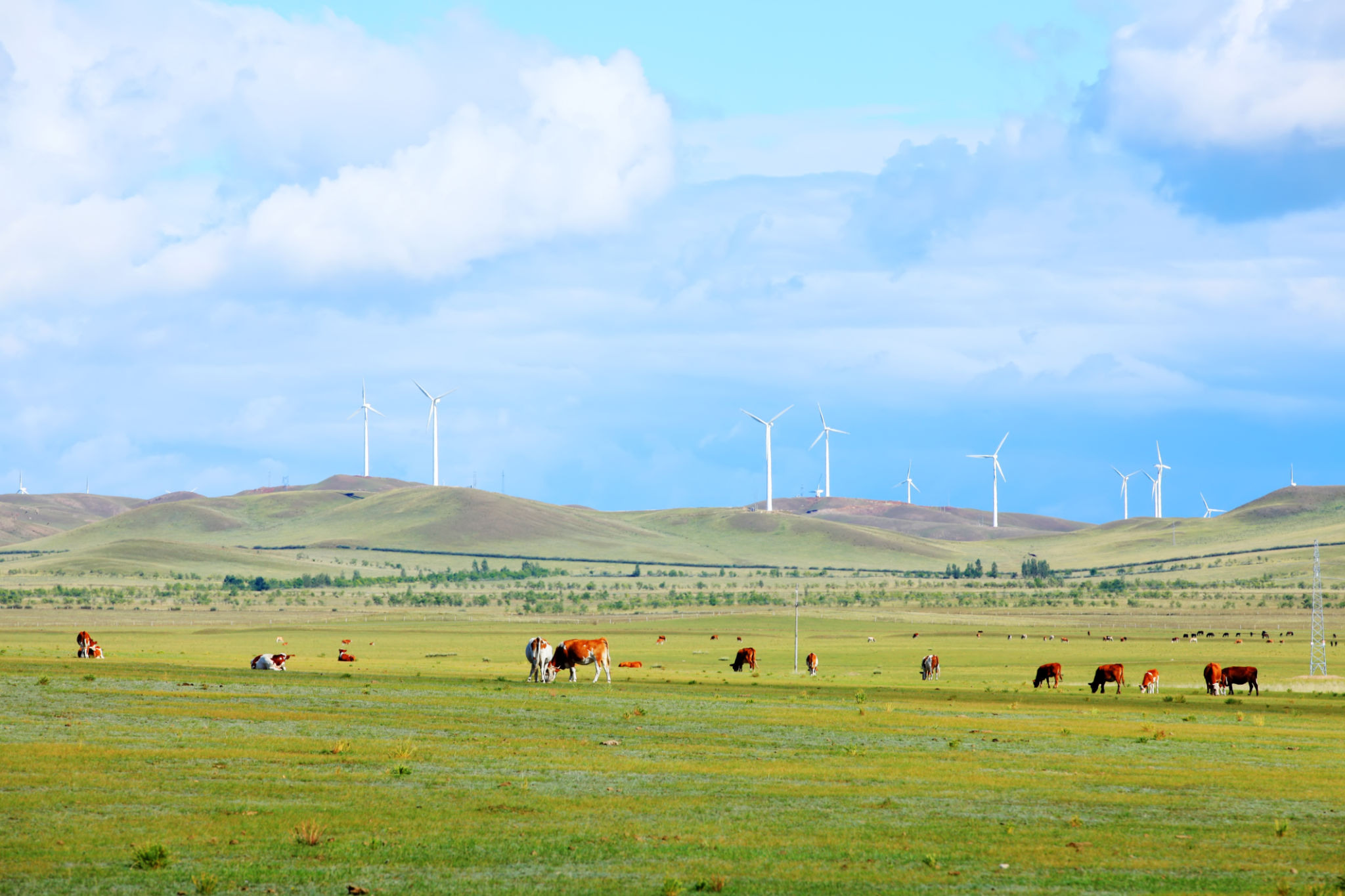Preparing Your Ocala Farm for Seasonal Changes: A Sustainable Approach
Understanding Ocala's Seasonal Shifts
Ocala, known for its lush pastures and thriving equestrian community, experiences distinct seasonal changes. These shifts can have significant impacts on farm operations, from pasture growth to animal care. Preparing your farm for these transitions is crucial to maintaining productivity and sustainability.
The climate in Ocala ranges from hot, humid summers to mild, cooler winters. Each season presents unique challenges and opportunities for farm management. By adopting sustainable practices, you can ensure that your farm thrives year-round while minimizing environmental impact.

Preparing Pastures for Seasonal Change
Pasture management is vital as the seasons change. In the summer, high temperatures and frequent rainfall can lead to rapid grass growth, requiring regular mowing and fertilization. However, as fall approaches, it's essential to adjust your strategy to prepare for slower growth during the winter months.
Consider implementing a rotational grazing system to prevent overgrazing and allow grass to recover. This practice not only promotes healthy pasture regrowth but also enhances soil fertility. Additionally, applying a layer of compost or organic fertilizer in the fall can provide essential nutrients for your pasture during the dormant winter period.

Water Management Techniques
Water management is another crucial aspect of sustainable farming in Ocala. During the rainy season, ensure that your drainage systems are functioning correctly to prevent waterlogging and erosion. Installing rainwater harvesting systems can help you collect and store water for use during drier months.
Incorporating drought-resistant plants around your farm can also assist in reducing water usage. These plants require less irrigation and are more resilient to seasonal changes, helping you maintain a sustainable water supply throughout the year.

Animal Care Through Seasonal Transitions
Animal care is paramount as temperatures fluctuate. During the hot summer months, ensure that livestock have access to ample shade and clean water to prevent heat stress. Consider installing fans or misting systems in barns to keep animals cool.
As winter approaches, focus on providing adequate shelter and warmth for your animals. Regularly check and maintain barn insulation to avoid heat loss. Additionally, adjusting feed rations to provide extra energy can help animals maintain their body temperature during colder weather.
Sustainable Pest Management
Pests can be a significant issue, especially during transitional seasons when they seek new food sources. Implementing integrated pest management (IPM) strategies can help control pest populations sustainably. Techniques such as introducing beneficial insects, using organic pesticides, and maintaining clean barns can reduce pest-related problems without harming the environment.

Embracing Renewable Energy Solutions
Utilizing renewable energy sources on your farm is an excellent way to enhance sustainability. Consider installing solar panels to power your barn and equipment or wind turbines to generate electricity. These investments not only reduce reliance on non-renewable energy sources but also decrease operational costs in the long run.
Additionally, exploring biofuel options for farm machinery can further reduce carbon emissions. By converting waste products into energy, you contribute to a circular economy while promoting sustainable farming practices.

Conclusion: A Sustainable Future
Preparing your Ocala farm for seasonal changes with a sustainable approach ensures long-term productivity and environmental stewardship. By focusing on pasture management, water conservation, animal care, and renewable energy solutions, you create a resilient farming ecosystem capable of thriving through any season.
Adopting these practices not only benefits your farm but also contributes positively to the local community and environment. Embrace these strategies today to secure a flourishing future for your Ocala farm.